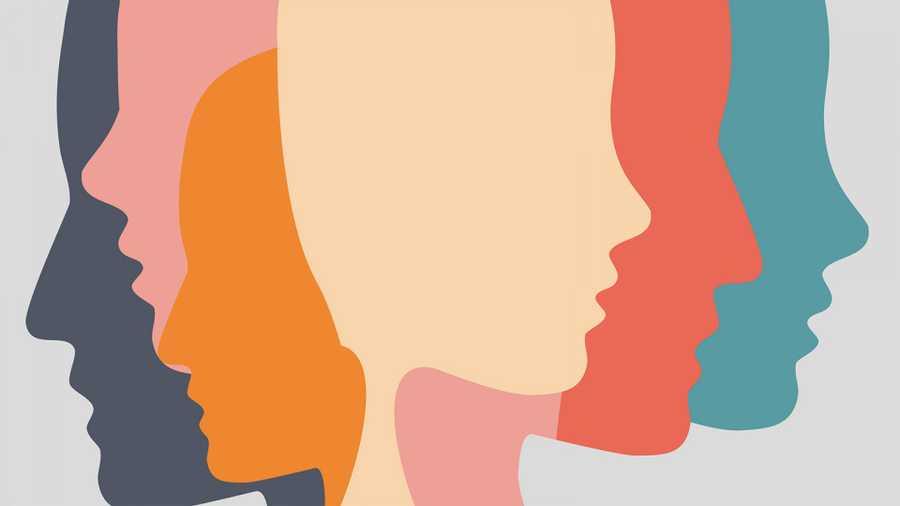The Manic Pursuit of More, More, More
Curated from: pickthebrain.com
Ideas, facts & insights covering these topics:
2 ideas
·1.54K reads
16
1
Explore the World's Best Ideas
Join today and uncover 100+ curated journeys from 50+ topics. Unlock access to our mobile app with extensive features.
More Isn't Always Better
We live in an era where more isn't enough any longer. We tend to crave for more and we're made to believe that it is a good thing.
While we crave for more content, we often forget to check the quality of the content nowadays because we are told that constant consumption leads to more productivity which leads to more efficiency and results to more predictability which they can use to make us want to consume more. We are drawn to quantity because we feel that it is real and tangible.
124
741 reads
Developing Your Creator Mindset
We spend a lot of time doing things without understanding the reason why we do them. Sometimes we lose our purpose, however you can always rediscover your self and try again.
Ask yourself these questions to recognize whether you're hunting for quantity or honing your quality:
- Why am I doing this?
- What am I doing?
136
803 reads
IDEAS CURATED BY
Aarna Agarwal's ideas are part of this journey:
Learn more about personaldevelopment with this collection
How to build trust and respect with team members
How to communicate effectively
How to motivate and inspire others
Related collections
Similar ideas
5 ideas
10 ideas
10 HABITS MAKE YOU ALWAYS POOR
medium.com
7 ideas
The Paradox of Solitude
twintreeproject.com
Read & Learn
20x Faster
without
deepstash
with
deepstash
with
deepstash
Personalized microlearning
—
100+ Learning Journeys
—
Access to 200,000+ ideas
—
Access to the mobile app
—
Unlimited idea saving
—
—
Unlimited history
—
—
Unlimited listening to ideas
—
—
Downloading & offline access
—
—
Supercharge your mind with one idea per day
Enter your email and spend 1 minute every day to learn something new.
I agree to receive email updates

